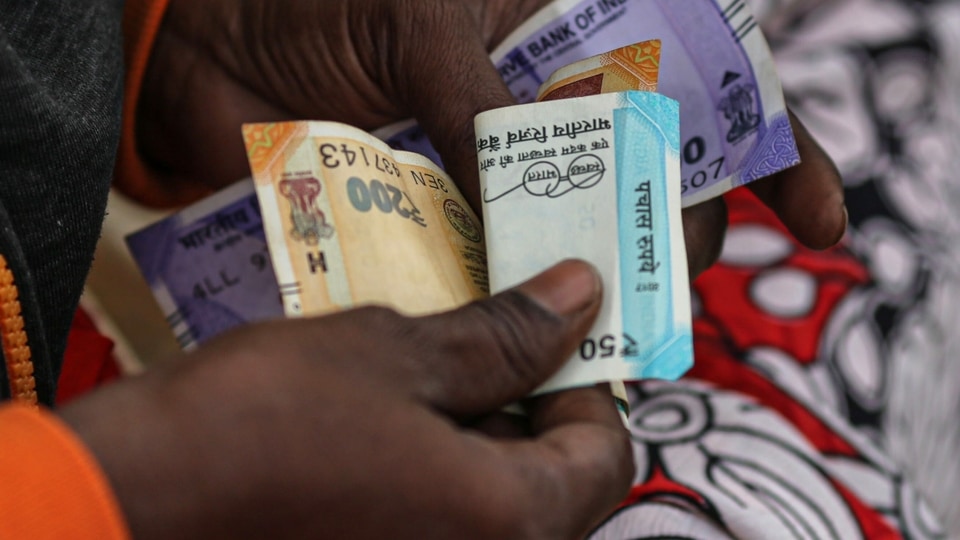
While the pandemic recedes, consumers are likely to do much of their shopping online during Diwali. Criminals are the potential to follow, and below are some tips to ensure safe shopping online.
We recently saw a rise in online credit card fraud, a trend that accelerated during the pandemic when more people turned to the internet instead of brick-and-mortar stores to make purchases. By the end of this year, online card fraud losses will have risen to almost $8 billion, from approximately $6 billion five years ago.
According to a Deloitte survey, while consumers feel less anxious about shopping in stores this holiday season, they still expect to do more than two-thirds of their holiday shopping online.
Additionally, shoppers may turn to less familiar, less secure sites for the perfect gift due to limited merchandise supplies and shipping delays related to the pandemic.
Since credit cards offer strong consumer protection, they are often considered the safest way to pay for online purchases. You can dispute a merchant’s sale or receive a defective item with your credit card company if you cannot resolve the issue yourself.
Consumer Reports program director of advocacy Chuck Bell said, “The credit card fights for you.”.
And if you find unauthorized charges after your card has been stolen or hacked, you are not responsible for them.
Additionally, according to WalletHub, major payment networks extend zero fraud liability beyond the required amount to credit card transactions and certain debit card transactions.
Nevertheless, having your card hacked is a pain. Your card issuer will need to be notified of the problem, and you will need to re-activate any recurring payments or subscriptions after the card is canceled and a new one is issued.
In this way, some shoppers may want to consider options such as “virtual” credit cards and digital wallets, which add an extra layer of security.
You can mask your actual card number with virtual cards, which are temporary card numbers issued by your credit card company. Online retailers never see your exact card number because you enter a virtual number. Your card number is not exposed if the website is fraudulent or if a legitimate site is compromised.
To use a virtual card, you may need to take an extra step. Ted Rossman, the senior industry analyst at CreditCards.com, says the virtual number must be obtained from the credit card company’s site and then entered on the website where you’re shopping. Although the extra time doesn’t take long, he said some shoppers might be discouraged by it.
Payment cards can also be protected with services like GooglePay, Paytm.

We’ve compiled a few questions and answers regarding safe online shopping practices this Diwali:
Can I protect myself in any other way?
- When purchasing online, always use a credit card and never use a gift card, money transfer, or cryptocurrency as a repayment method. Criminals often encourage people to use these methods to get cash quickly because they are almost impossible to trace and reverse.
- Read the seller’s description of the goods carefully before purchasing from unfamiliar websites. Look online for the merchant’s name and the word “complaint” or “scam” before buying. The seller may be selling fakes at steep discounts when they offer name-brand goods.
- You should also check that the checkout browser shows a tiny lock icon, or HTTPS, to indicate that the transaction is secure. Your bank or credit card can also send you alerts when purchases are made, so you know what happened when those purchases were made.
- It is possible an online seller you have never heard of does not have an item if a major retailer does not have it. Any site that asks for other personal information should also raise a red flag as unreliable.

Online shopping with a debit card is possible this Diwali?
- Yes, but experts generally advise against it. In the event of a compromise, your bank account is debited directly. Consumer protections are in place but may take time to resolve, and in the meantime, you may lose your money.
Article Proofread and Edited by Shreedatri Banerjee



